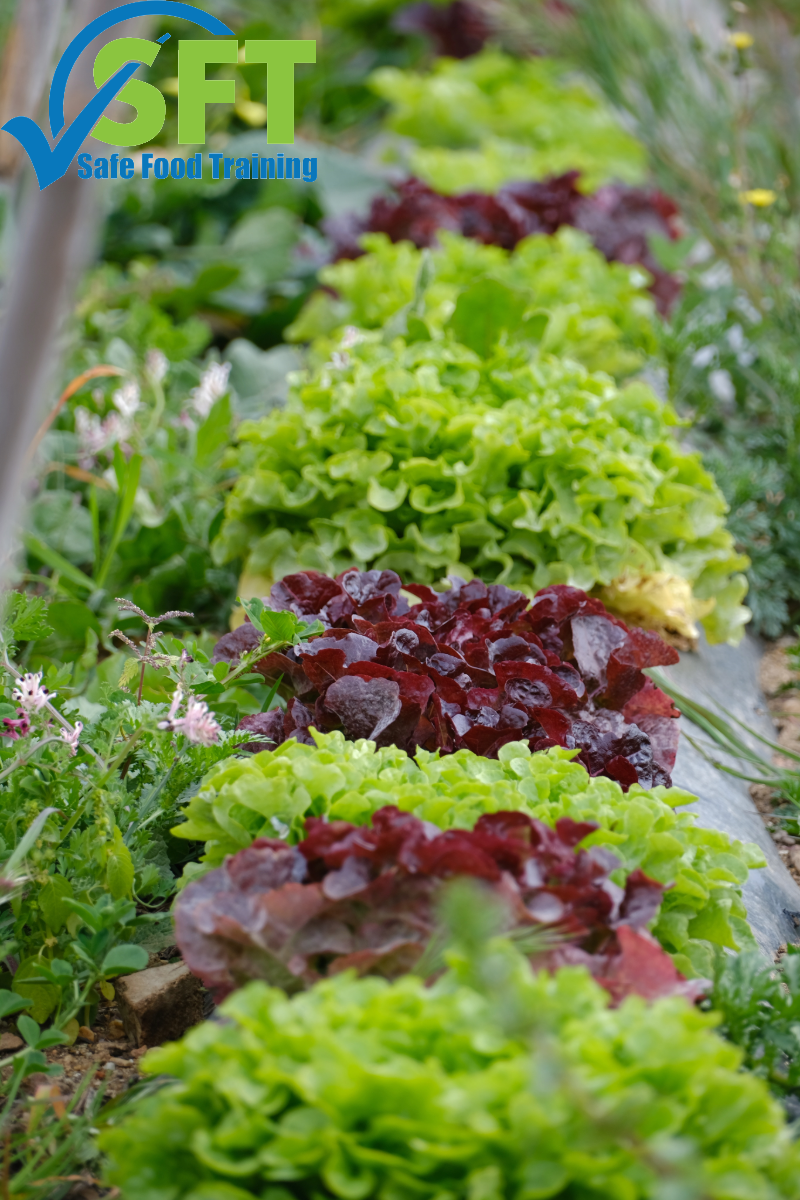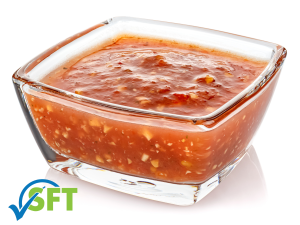We discuss product sampling in depth at Safe Food Training during food manager certification MN training. To consistently deliver high-quality food to your guests, it is crucial to taste or sample every dish, sauce, or prepared product to ensure that it meets your high standards. We must emphasize the importance of following the correct procedures when sampling your food product.

Food Sampling According to Food Manager Certification Training
Food on the line must be tasted numerous times per shift to ensure each guest receives a quality meal. It is important to understand that something as simple as tasting can create a food risk. There are a few things that you should never do when tasting your cuisine in the kitchen.
- Never use your fingers
- Never double-dip a tasting spoon
- Never use a stirring spoon to taste
- Never lean over a pan or plate while tasting
This ” don’ts” list should be self-explanatory to the experienced food service worker. Touching a guest’s food with a bare hand, reusing a tasting spoon, and creating a scenario where food can drip from your mouth into a prepared product generate the potential for contamination. If you’re a food manager, you need to make sure your staff clearly understands the right and wrong way to taste the food they produce and give them the tools to do it safely.
Sampling Spoon Accessibility
To comply with the MN food code, we recommend that food managers supply your staff with ample food-tasting spoons stored above the food production line. Store them in a clean container to prevent contact with food or potential contaminants before use. Many restaurant workers store tasting spoons in their jacket or apron pockets to be close at hand when needed. We recommend that you train your employees not to store tasting spoons in their pockets. They risk coming into contact with food product or bare hands, and an increased potential of cross-contamination can result.
If you’re preparing a sample of a daily special or new menu food item, your staff should taste it away from the production area. This practice falls under the category of eating in the kitchen in the Minnesota Health Code. The food protection manager should move this process away from the production line.







